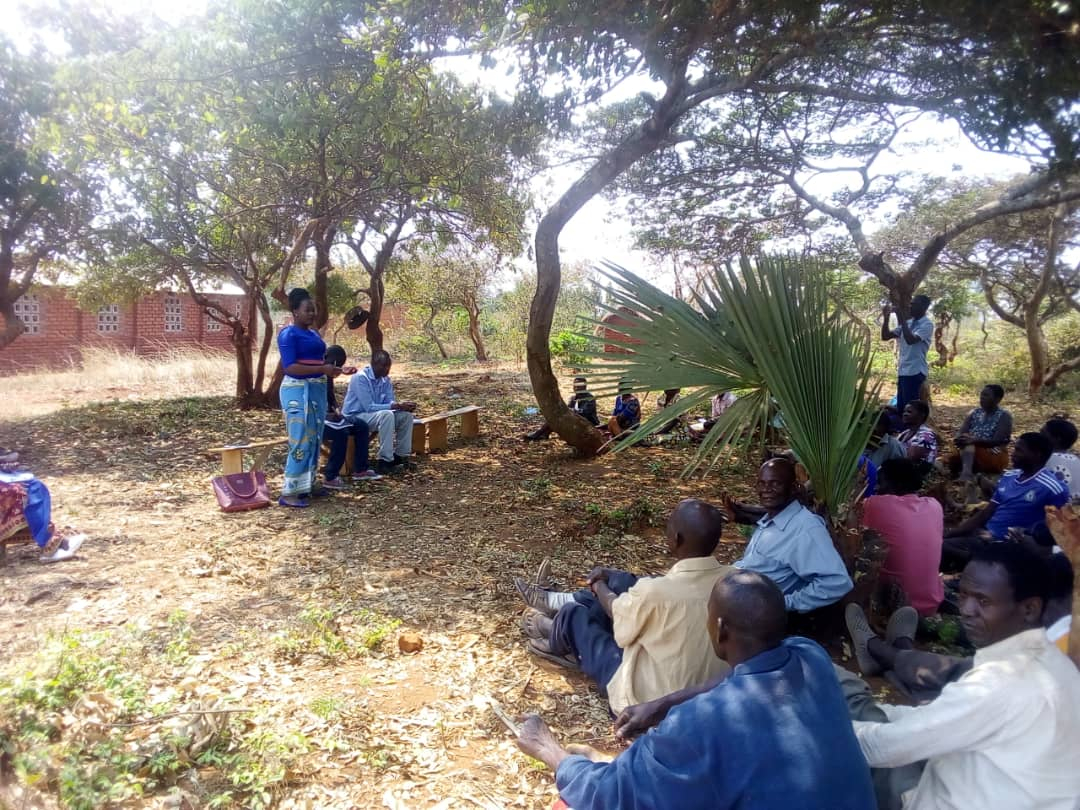Malawi Farmers in Serious Agriculture Extension Service Deficiency: The role of the Ministry of Agriculture?
24 August 2020
The Ministry of Agriculture (MoA) is a major extension service provider in Malawi. MoA has a mandate to promote and accelerate broad-based and sustainable agricultural development, so as to stimulate economic growth and contribute to poverty reduction. MoA mission is to provide demand driven Agricultural extension services in partnership with civic, NGO, private and farmer organisations and to promote equalisation and coordination in service provision in order to achieve food, nutrition and income security.*
At local level, the MoA is divided into 28 District Agriculture Development Offices (DADOs), which are subdivided into 154 Extension Planning Areas (EPAs). EPAs are further divided into Sections - the lowest level of the MoA structure and the main point of service-delivery to farmers.
Each section is supposed to be manned by the Agriculture Extension Development Officer (AEDO). But with high vacancy rates, most of the sections do not have extension workers. Currently, close to 1,700 extension workers serve close to 4 million farmers. This means one extension worker is expected to serve between 2,500 and 3,000 farmers. Normally, government aims to reduce this ratio to 1:150, though still high but acceptable for Malawi situation.

While the situation is as bad as this, the overstrained agricultural extension workers have downed tools since May 2020. They are demanding that the government effect promotions, hardship allowance and provide good houses, motorbikes for mobility, among others. Reports from across the country indicate that the extension workers are not working and, in some areas, have gone to their respective councils to deliver petitions containing their grievances.
The absence of AEDOs in farmer fields has seriously limited smallholder farmers from accessing vital agriculture information. Agriculture NGOs like Tiyeni have now become the source of agriculture extension messages, and technical support to the farmers. But the combined capacity of all NGOs in service delivery is far too negligible to adequately satisfy the ever-increasing demand for extension services by the farmers. It is therefore important for government to quickly engage its agriculture workers and resolve the standoff situation to let AEDOs get back to work and serve the already service deficient smallholder farmers in the country.
In conclusion, what alternative channels for extension services delivery exist or can be explored to better serve the smallholder farmers because even after resolving the current AEDO standoff, the situation will remain inadequate? Is the Extension Worker to Farmer ratio of 1:150 achievable? Can information and communications technology (ICT) take the lead?
Author: Isaac Chavula
isaacchavulamonjo@gmail.com
* Source: Future Agricultures. www.future-agricultures.org Malawi Agriculture Ministry: Fit for Purpose? By Blessings Chinsinga.